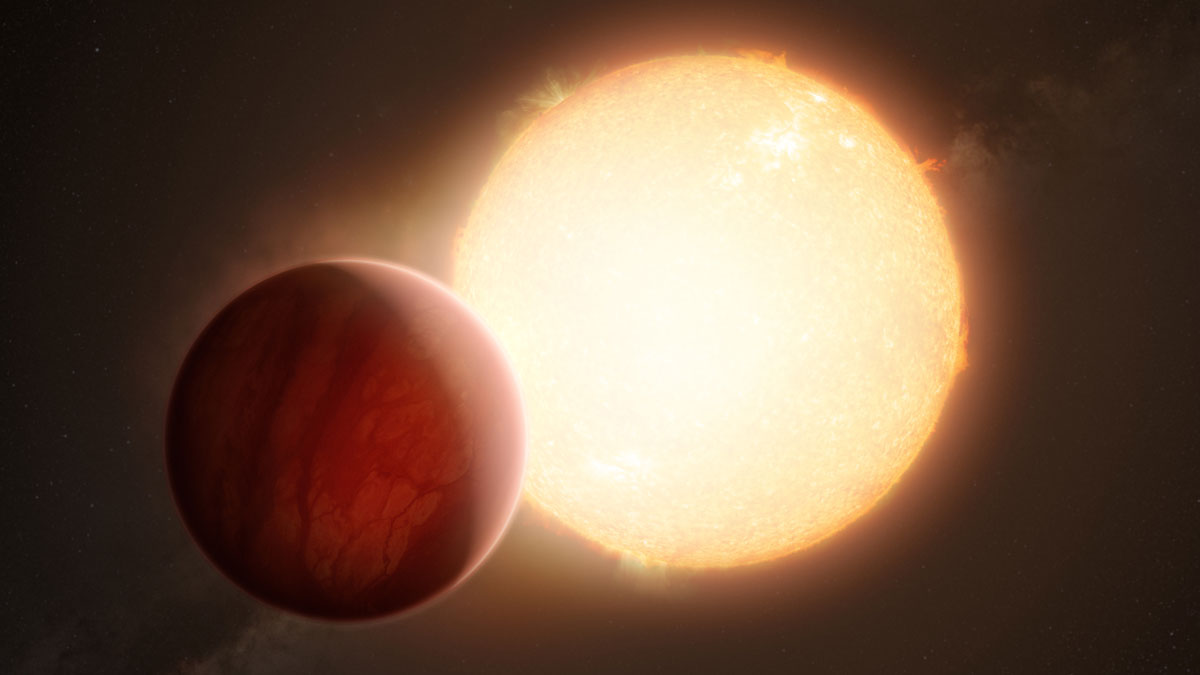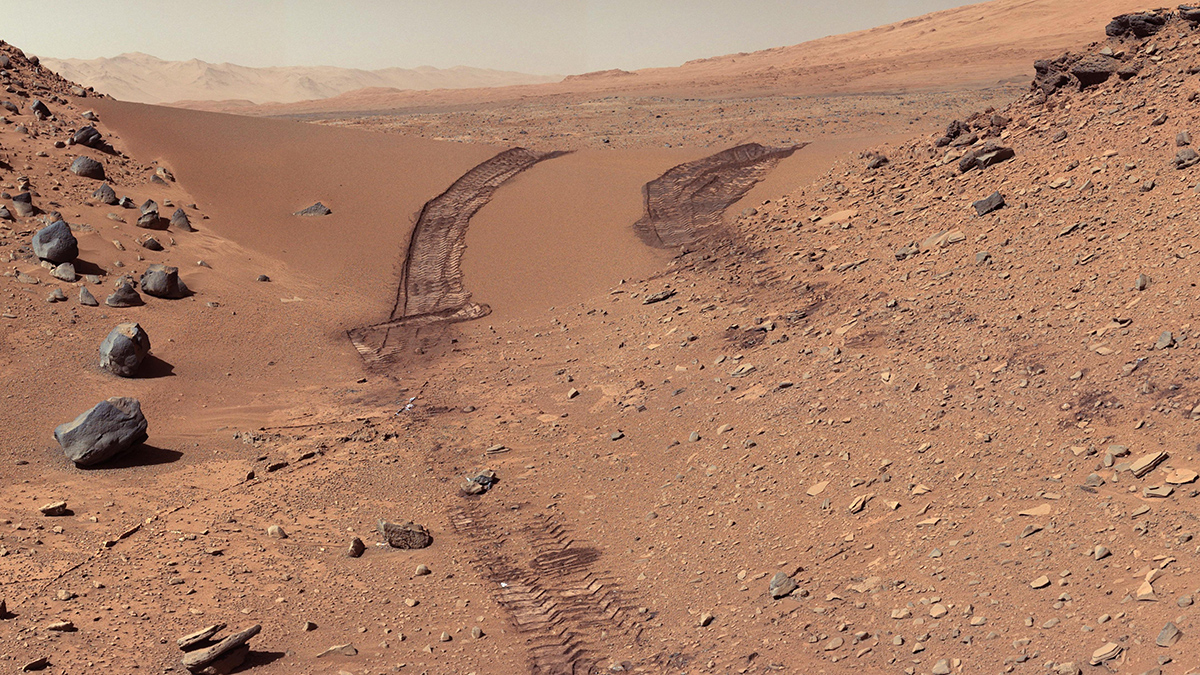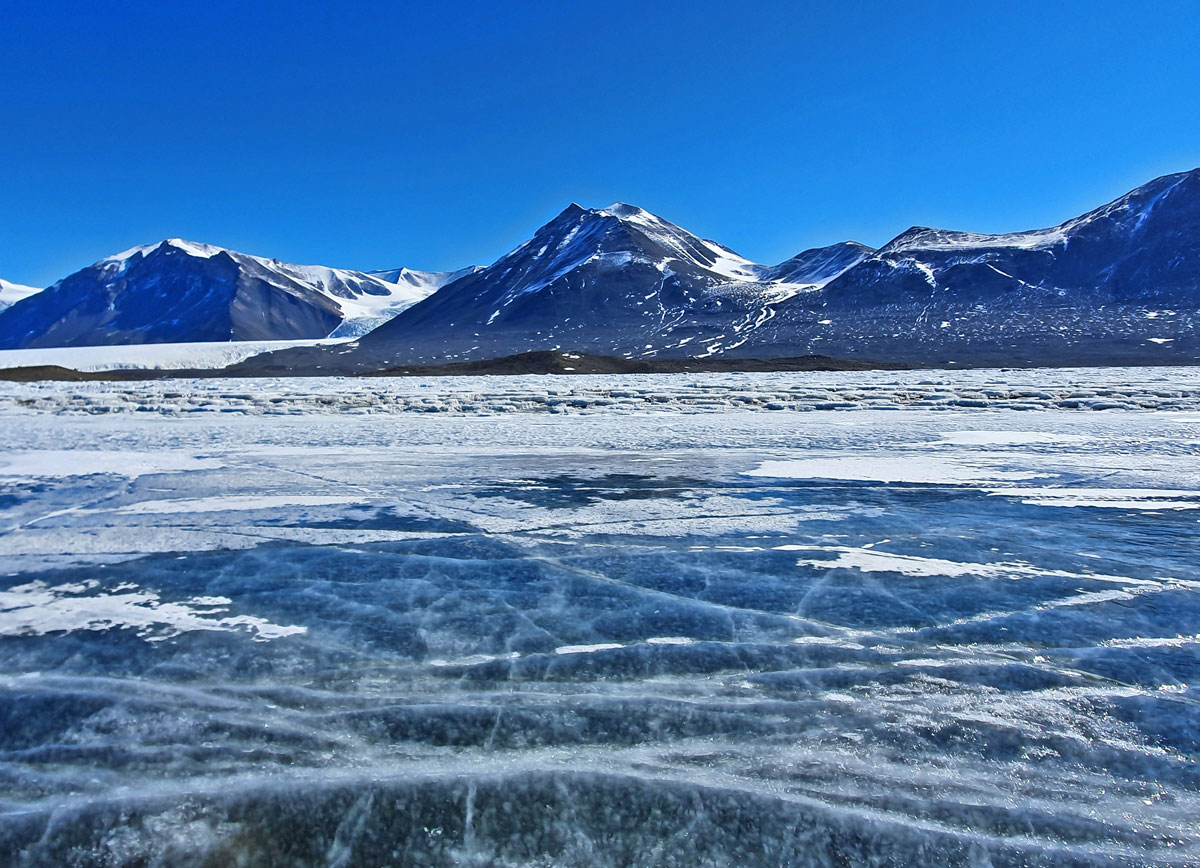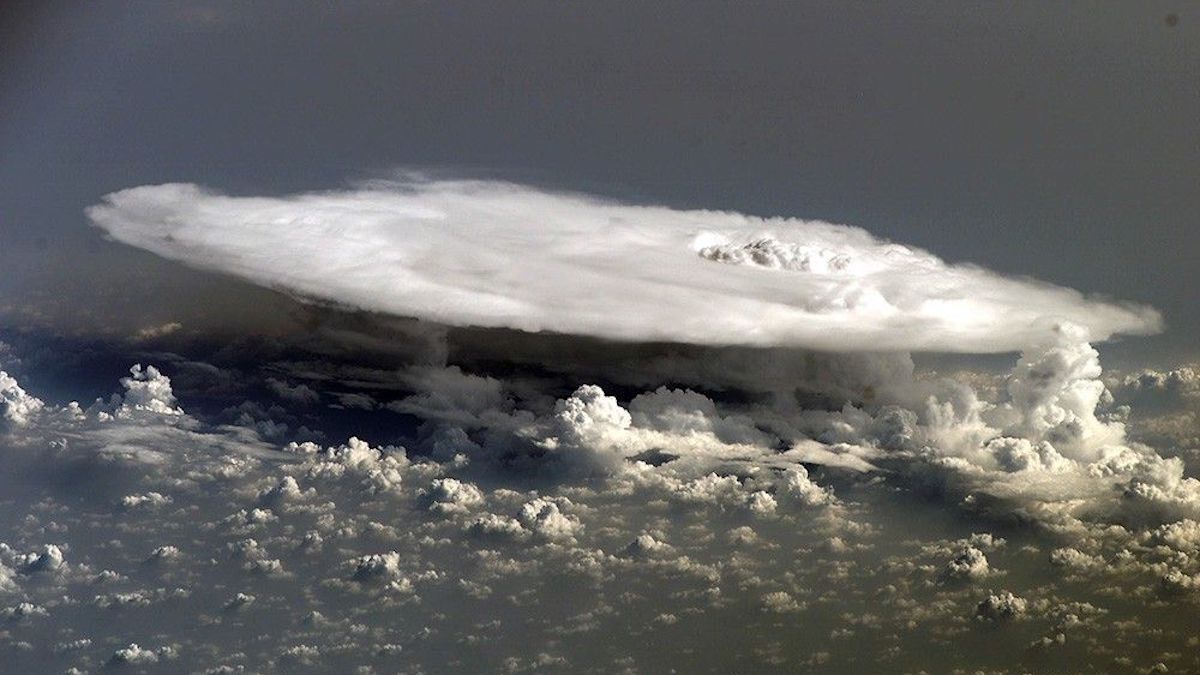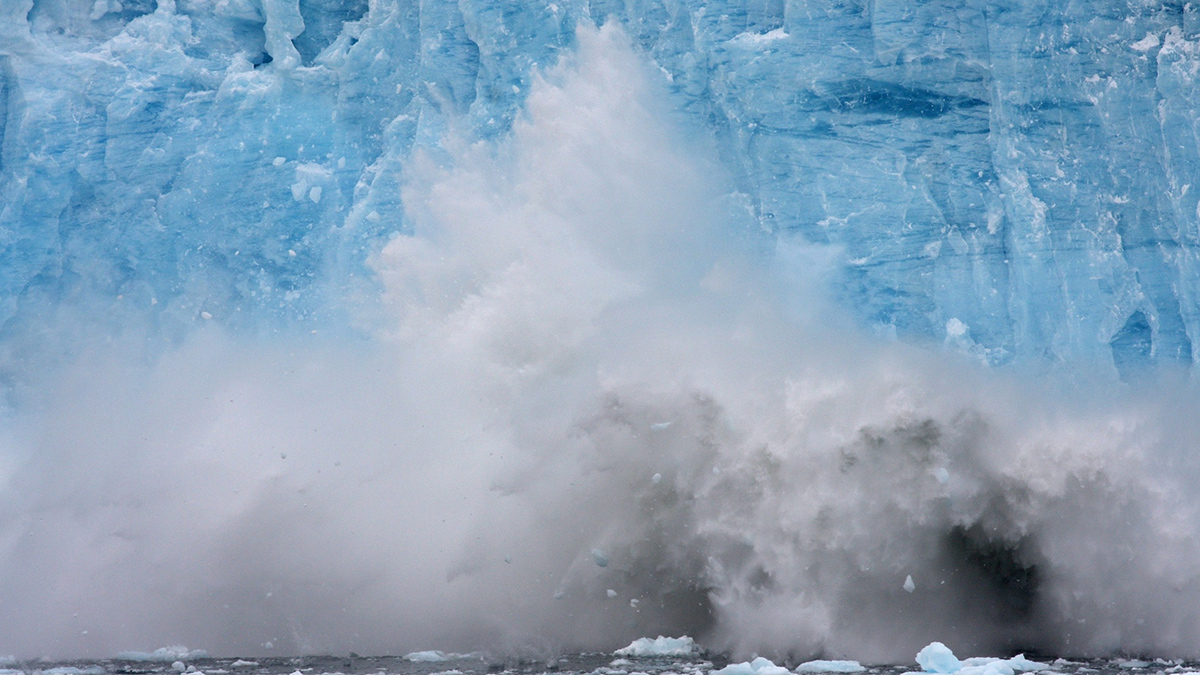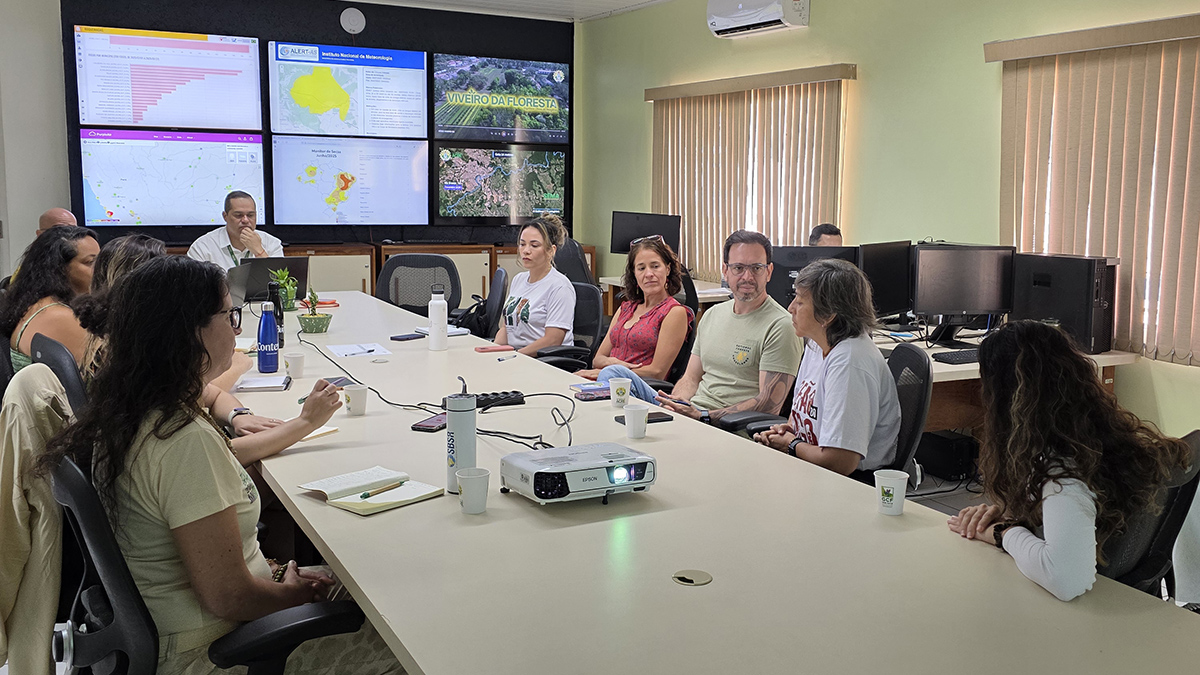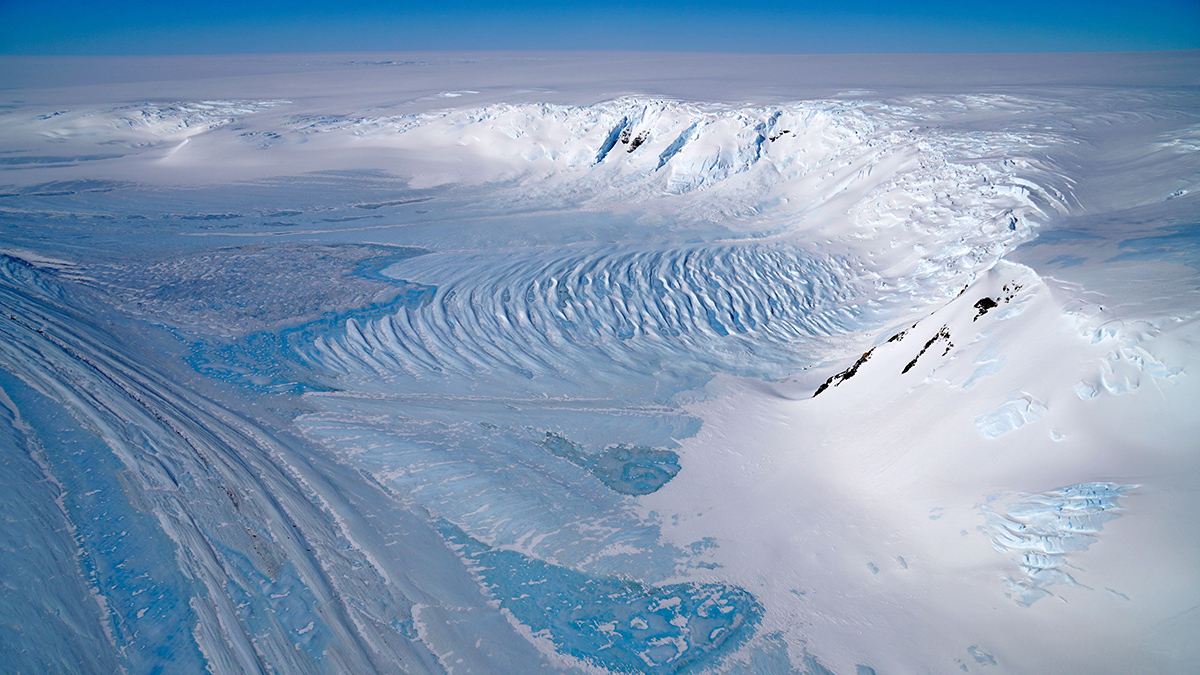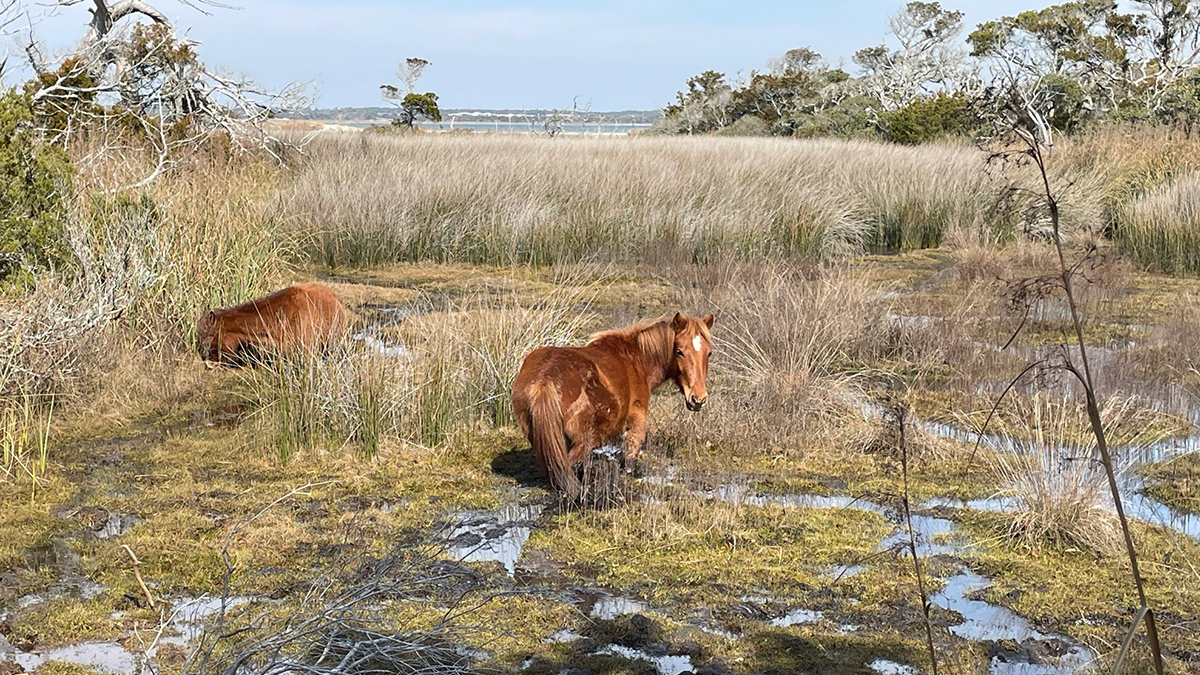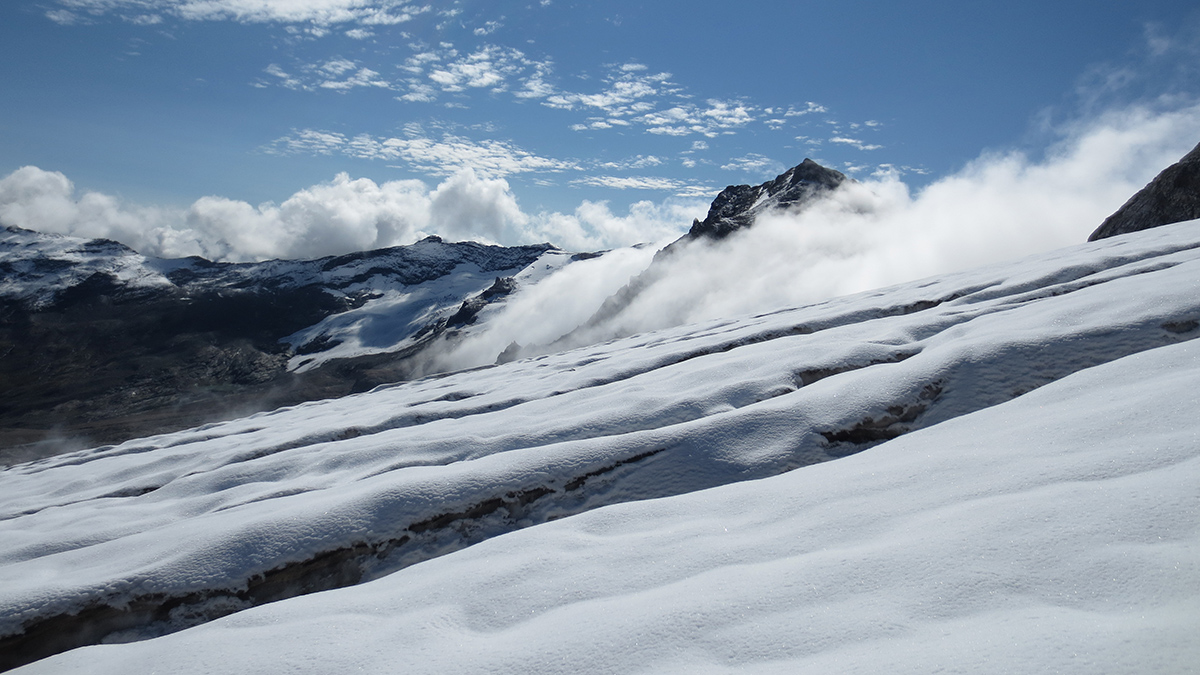A sampling of aging Sun-like stars demonstrates that they likely eat their closest planets.
News
Fungi, Fertilizer, and Feces Could Help Astronauts Grow Plants on the Moon
A new study offers tantalizing evidence that filamentous fungi extending from roots, along with treated astronaut waste, could provide sufficient scaffolding to help plants grow in planetary regolith.
The Land Beneath Antarctica’s Ice Might Be Full of Water
Seismic surveys hint at the extent of a potential groundwater system in the White Continent.
Some Summer Storms Spit Sooty Particles into the Stratosphere
Earth’s typically pristine stratosphere is filling with particles from wildfires and additional moisture due to strong convective storms.
Uranus’s Small Moons Are Dark, Red, and Water-Poor
…Except for Mab, which is even weirder than expected.
Glacier Runoff Becomes Less Nutritious as Glaciers Retreat
Sediment from retreating, land-terminating glaciers contains proportionally fewer micronutrients such as iron and manganese, reducing the glaciers’ value to microorganisms at the base of the food web.
En algunas partes de la Amazonia brasileña, la ciencia lidera la lucha contra los incendios forestales
El estado de Acre utiliza la ciencia para optimizar sus limitados recursos para monitorear y combatir los incendios forestales y la destrucción ambiental.
New Lessons from Old Ice: How We Understand Past (and Future) Heating
Fragments of blue ice up to 6 million years old—the oldest ever found—offer key insights into Earth’s warming cycles. Researchers are using these ancient data to refine models of our future climate.
What Salty Water Means for Wild Horses
New research monitors how saltwater intrusion is affecting the behaviors of Shackleford Banks’s wild horses.
Glaciers Are Warming More Slowly Than Expected, but Not for Long
An unprecedented dataset offers insight into the counterintuitive cooling effect of glaciers on a global scale.

